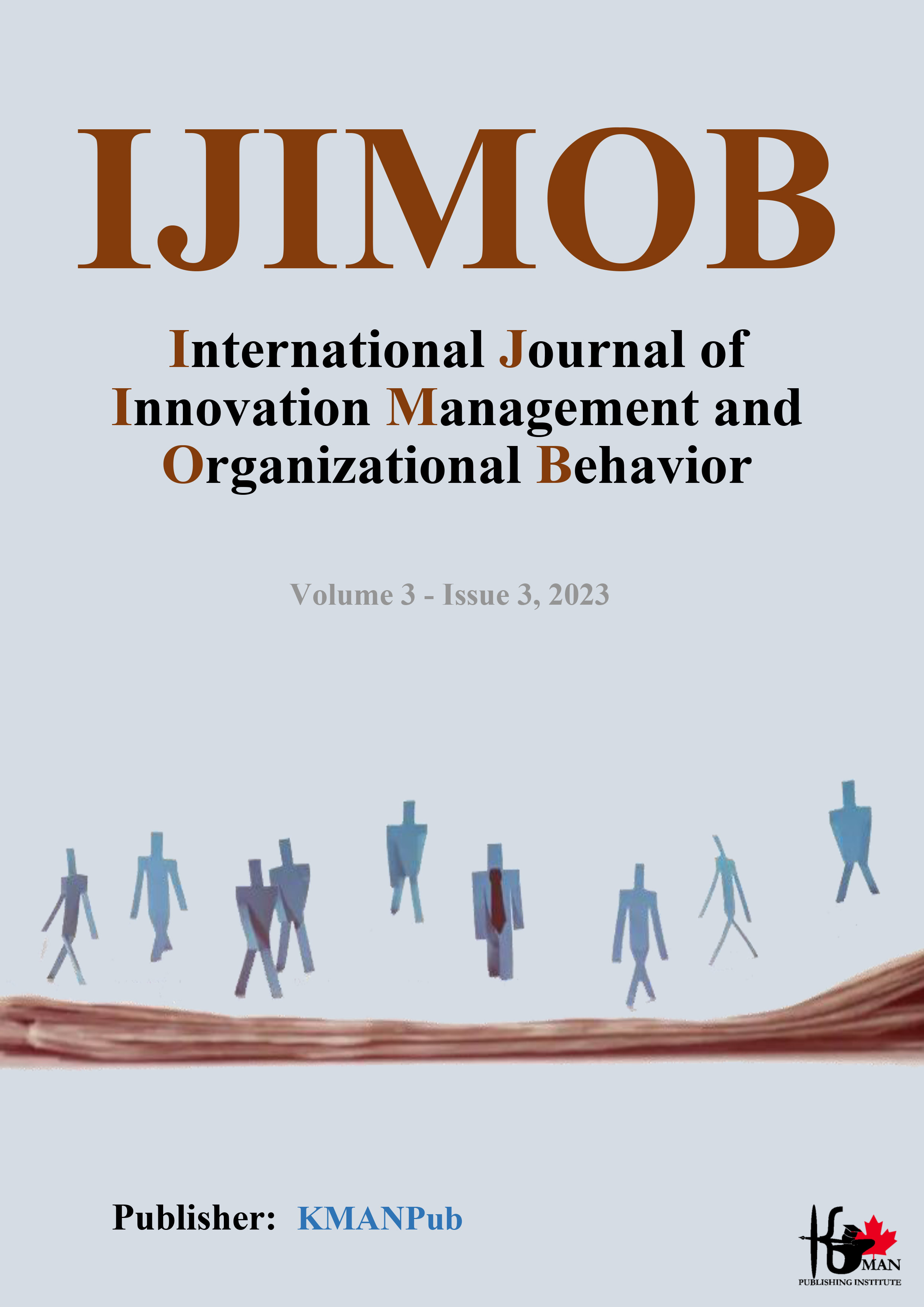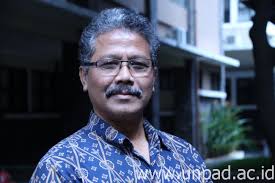Identification of Human Resource Development Policy Components in the Rural Cooperative Sector with a Socio-Cultural Approach
Keywords:
Public policy, human resource development, rural cooperatives, socio-cultural approachAbstract
Objective: The primary objective of this study is to identify and develop components of human resource development policies in the rural cooperative sector using a socio-cultural approach.
Methodology: This research employs both qualitative and quantitative methods. Data were collected through interviews with experts in the field of rural cooperatives and human resource development. A meta-analysis was conducted to extract relevant indicators, which were then categorized using Atlas.ti software. The study further analyzed existing literature, laws, and regulations pertaining to rural cooperatives to support the development of the proposed model.
Findings: The study identified several key components essential for human resource development in rural cooperatives, including macro governmental policies, performance improvement of existing policies, and the examination of human resource conditions. The research highlighted the importance of intellectual and creative, ethical and behavioral, occupational and professional, and perceptual and attitudinal dimensions in human resource development. Additionally, social and cultural strategies such as producing and strengthening values, improving communication networks, and enhancing organizational culture were found to be critical. The macro environment, including prevailing governmental structures and laws, as well as the supportive structure within rural cooperatives, were also identified as significant factors.
Conclusion: The research concludes that effective human resource development in rural cooperatives requires a comprehensive approach that integrates socio-cultural principles.
Downloads
Downloads
Additional Files
Published
Issue
Section
License
Copyright (c) 2023 Yasser Mohammadi Afraketi (Author); Saed Safarian Hamedani (Corresponding Author); Farshide Zameni (Author)

This work is licensed under a Creative Commons Attribution-NonCommercial 4.0 International License.























